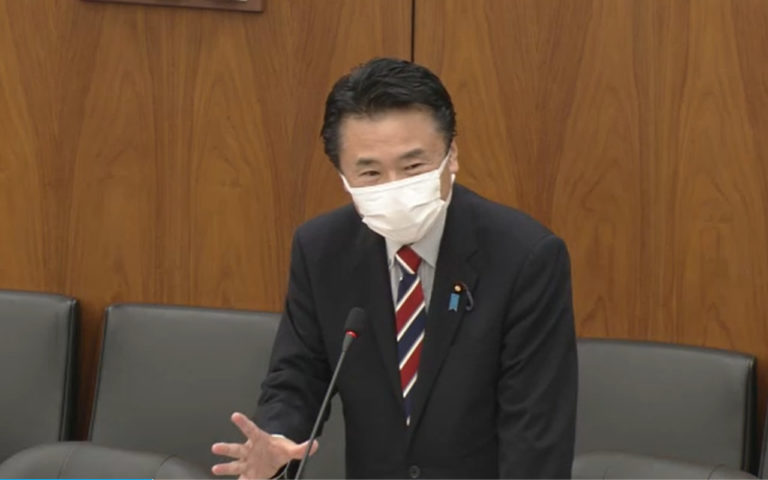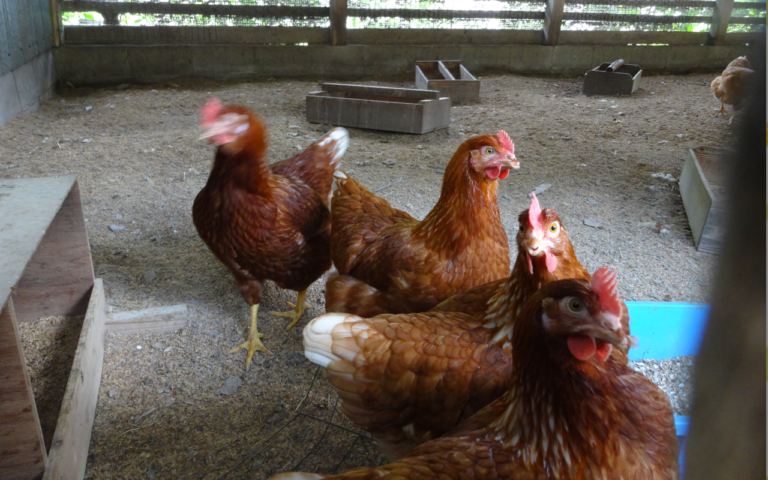
Category Farm animals

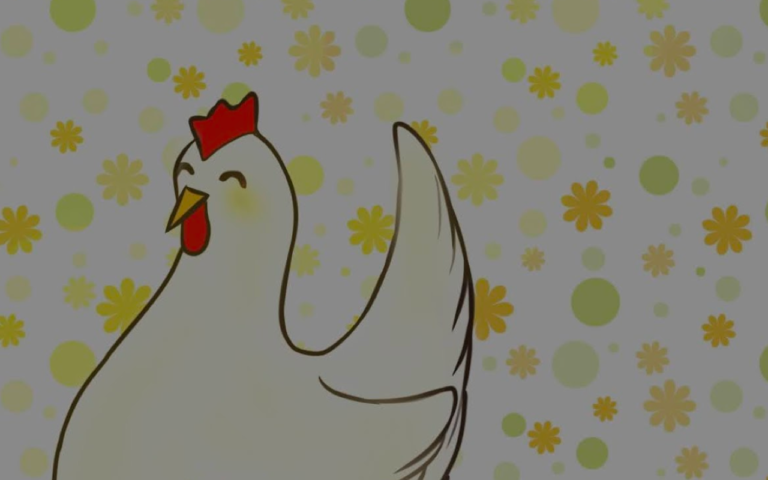
Celebrate! Now 100 companies and shops have declared cage free in Japan!
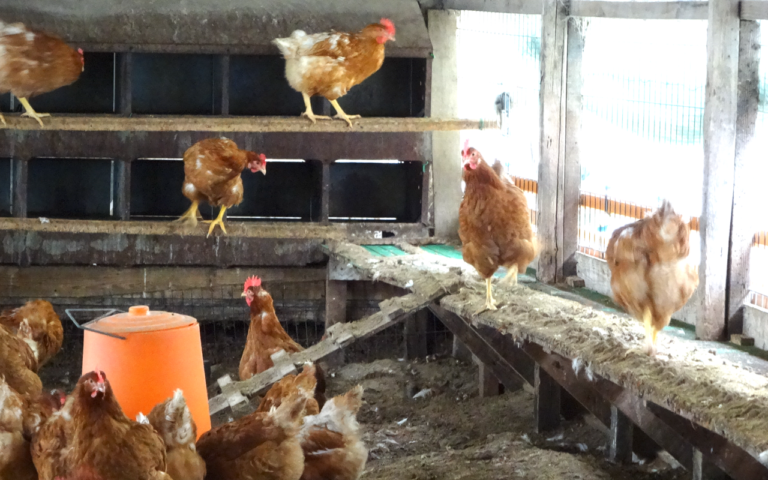
“Chickens are supposed to be cage free”, Animal Doughnut of Ikumimama is cage-free
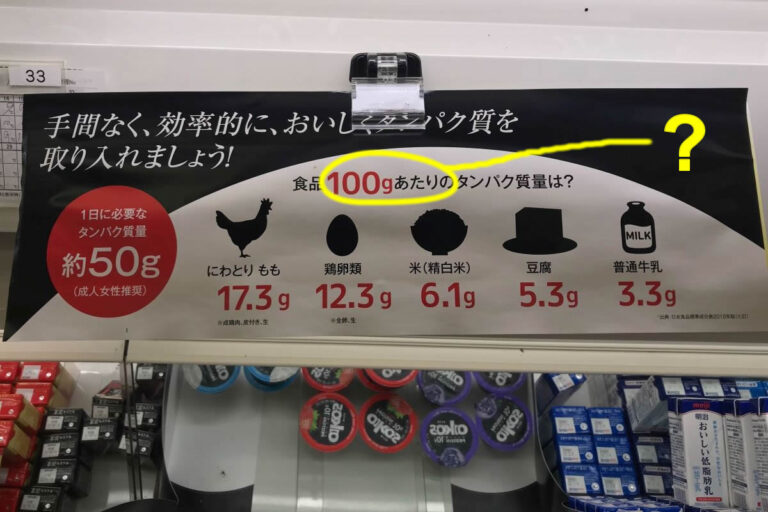
What are “efficient” sources of protein?
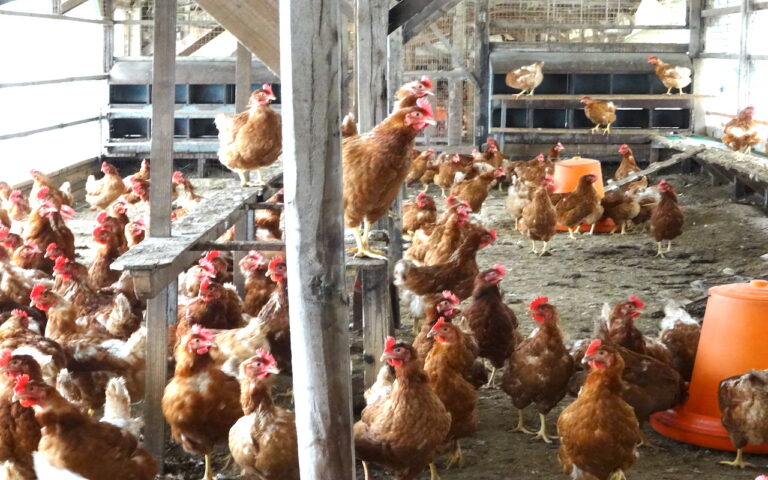
With thorough rearing for the chickens, Misono farm is cage-free
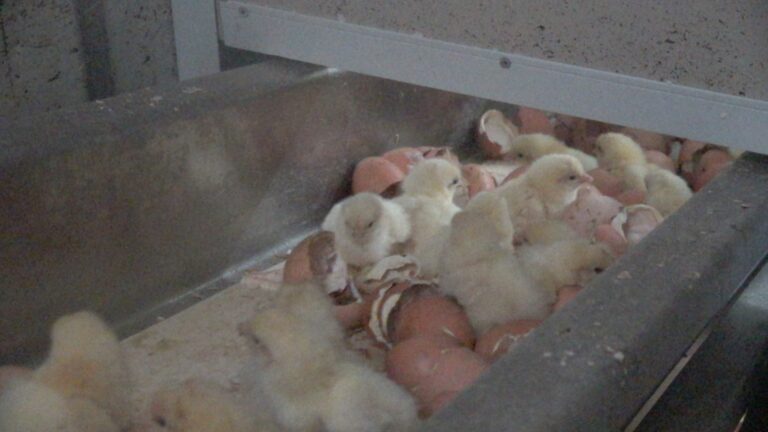
Call on the hatchery industry to abolish chick crushing and suffocation
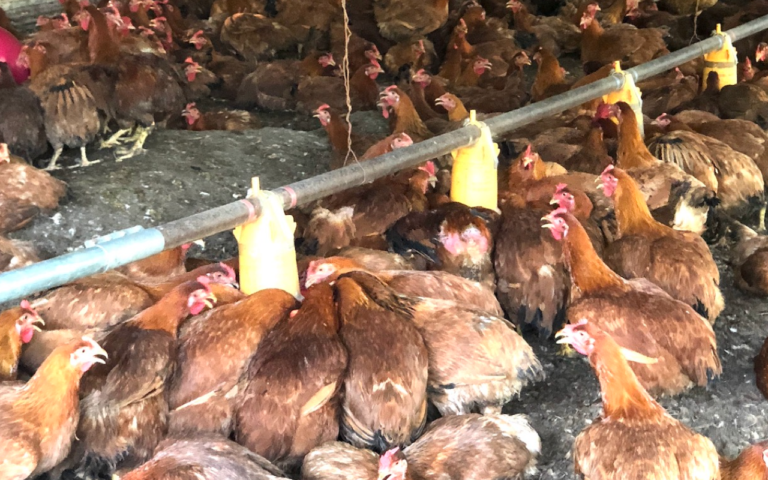
For Valentine’s Day, use cage-free eggs! CINAGRO is cage free
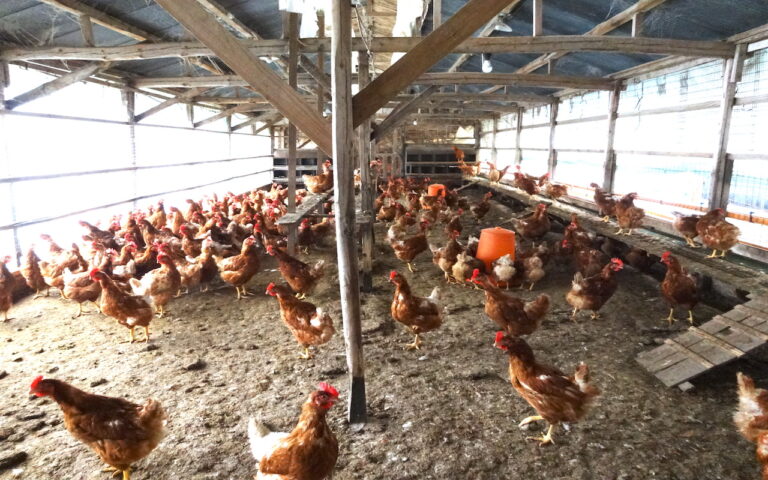
Doyuuno Ltd. and Yamanishi Syouten Co., Ltd. are cage-free
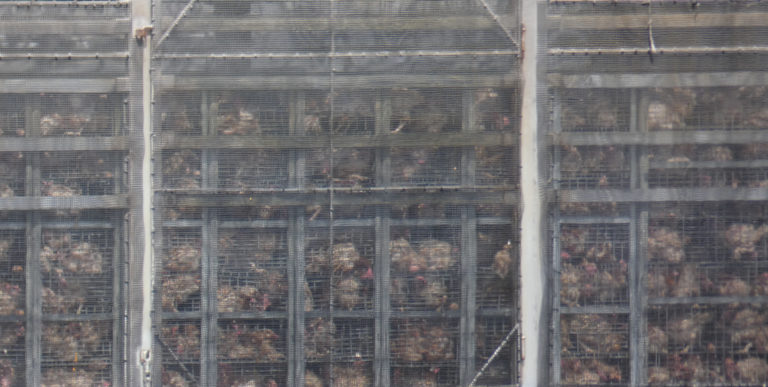
Treatment of chickens in 2020 Birds are abandoned overnight at slaughterhouse

A store “FUSABUSA” that aims to coexist with nature, and a healing cafe “&ai” are cage-free
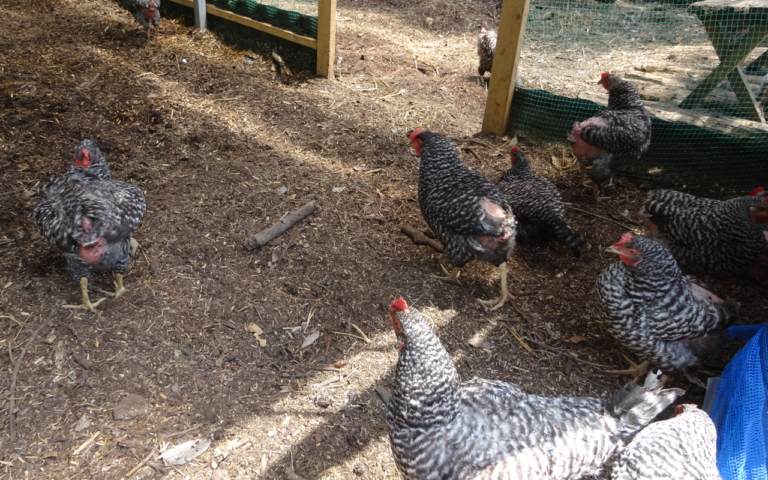
Restaurant The Applehouse, and Tsukiji lim-classo, are cage free

Fukunoki, Hoccoricafe, are cage free
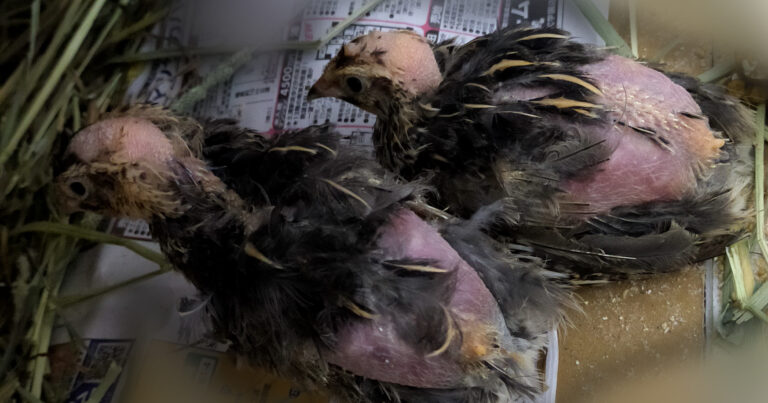
Small victims: quail eggs and their reality
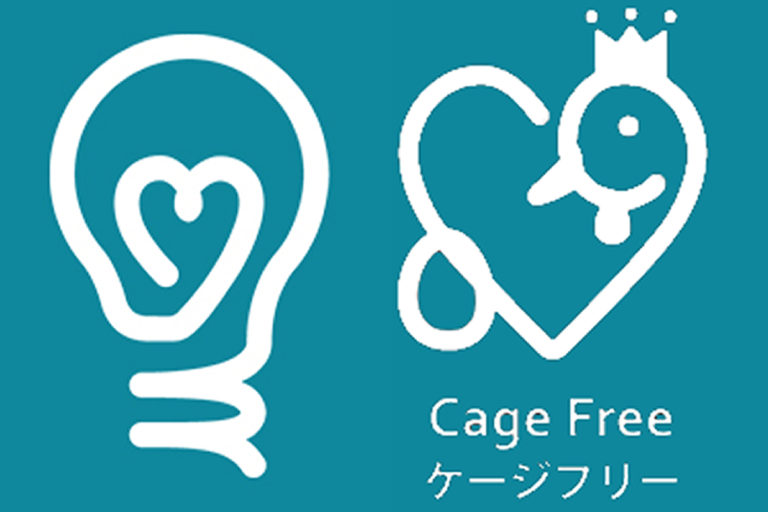
Effective altruism: the case for cage-free campaigns
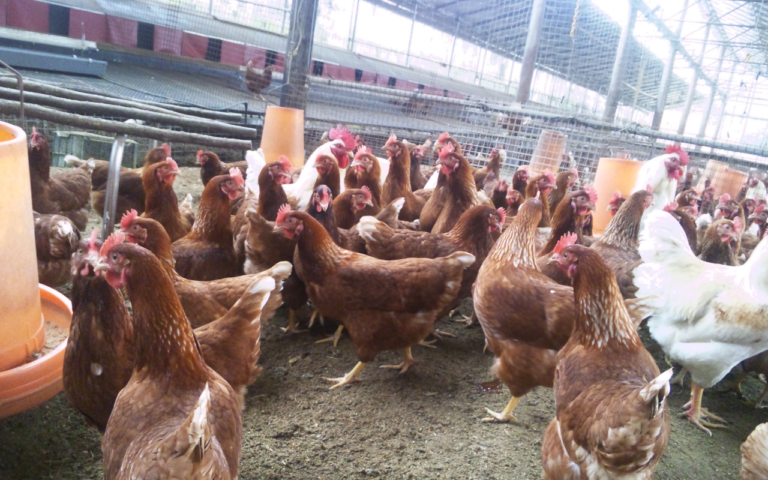
MISATOYA and Natural Ingredients Origin are cage-free
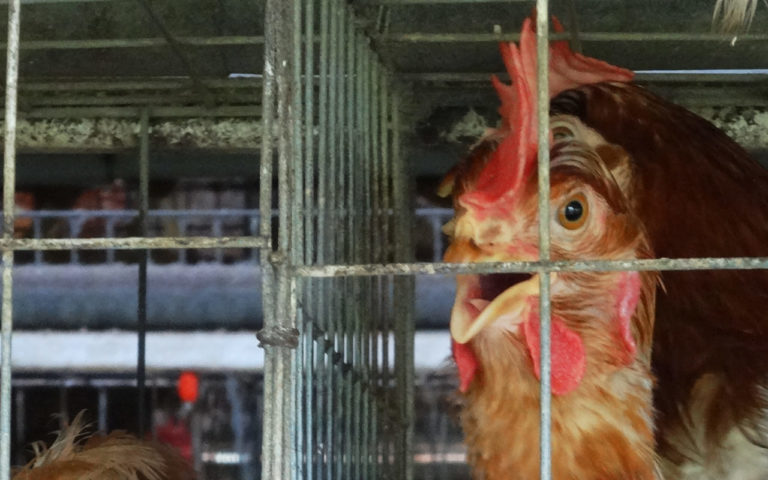
World’s animal protection organizations request OIE to reconsider the animal welfare code for laying hens
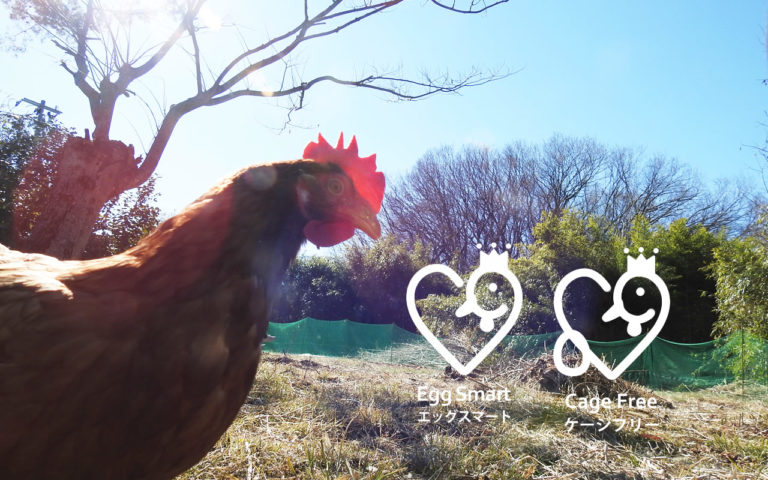
Wisdom of Imu Hotel declaring both Egg Smart and Cage Free
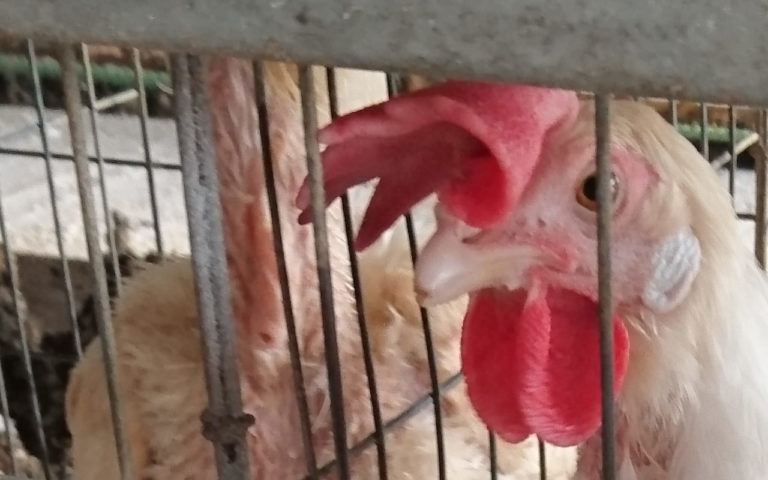
Is MAFF telling the truth accurately?
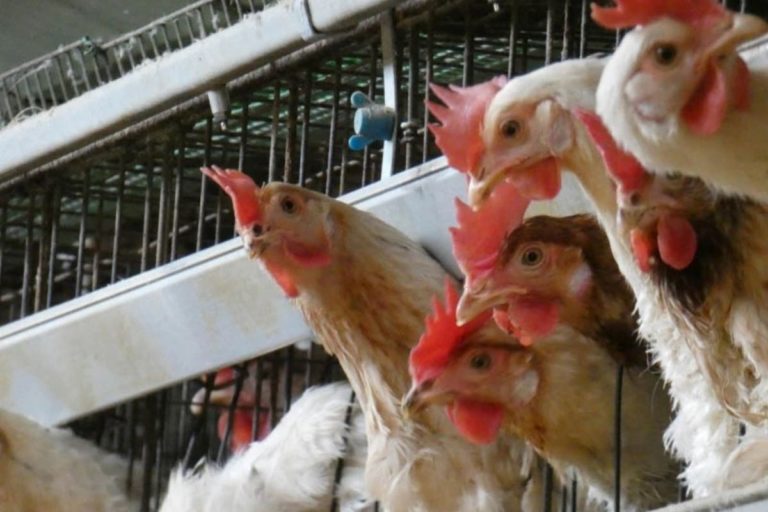
Bribery by a poultry executive afflicts chickens around the world

Gateau d’ange Tenshi-no-pancake is cage-free
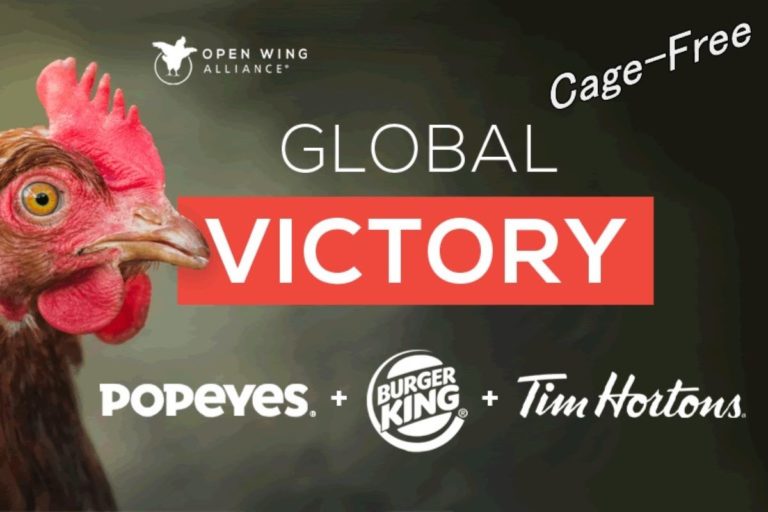
Burger King announces a global cage-free policy

Oninoie, a social welfare corporation is cage-free
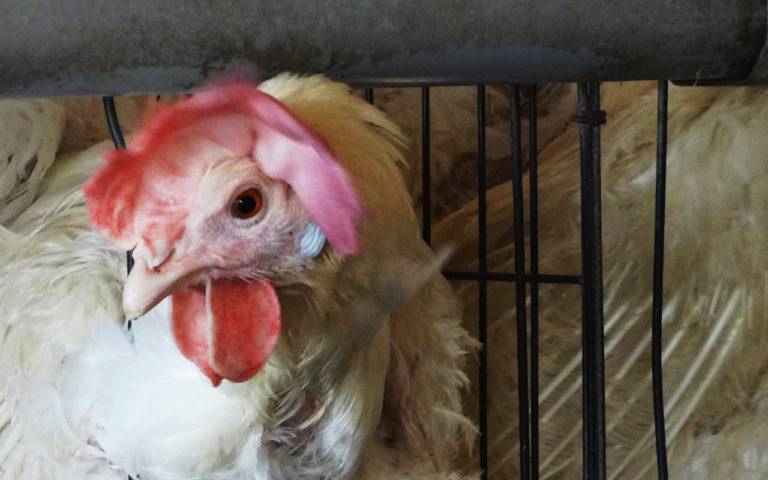
What happened to Japan’s comments to OIE? (with the bribe?)
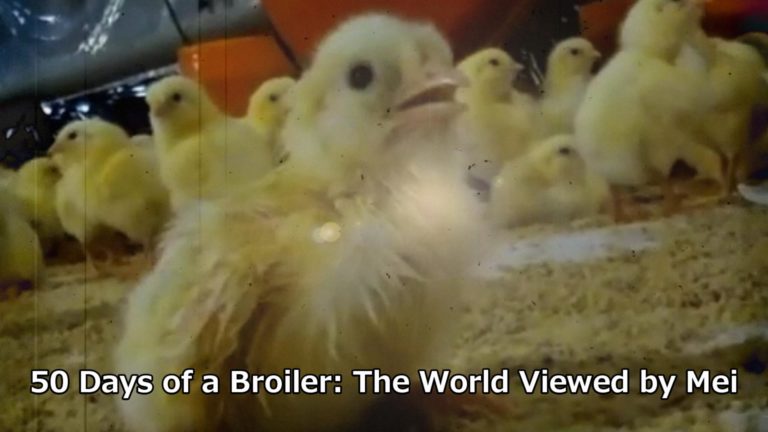
Short film [50 Days of a Broiler: The World Viewed by Mei] created, English version distributed
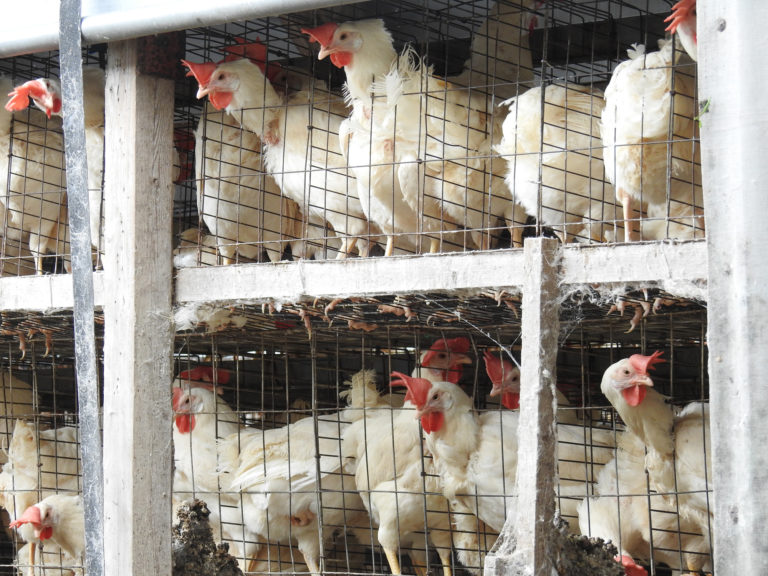
Major egg producer Akita Foods alleged to have bribed the Agriculture Minster to protect battery cages in favor of Japan’s poultry industry

Environment Minister Koizumi for ethical diet, too, “avoids eating foie gras”
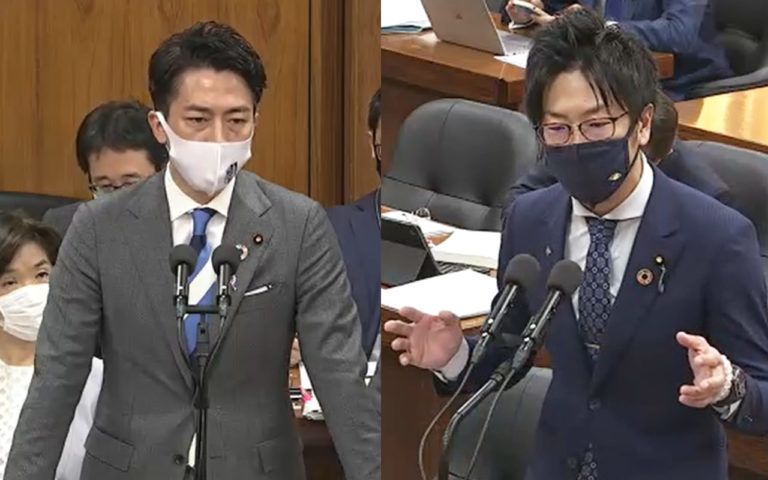
The livestock industry is also subject to animal cruelty; what’s wrong in the light of the sound common sense of the general public is a crime
